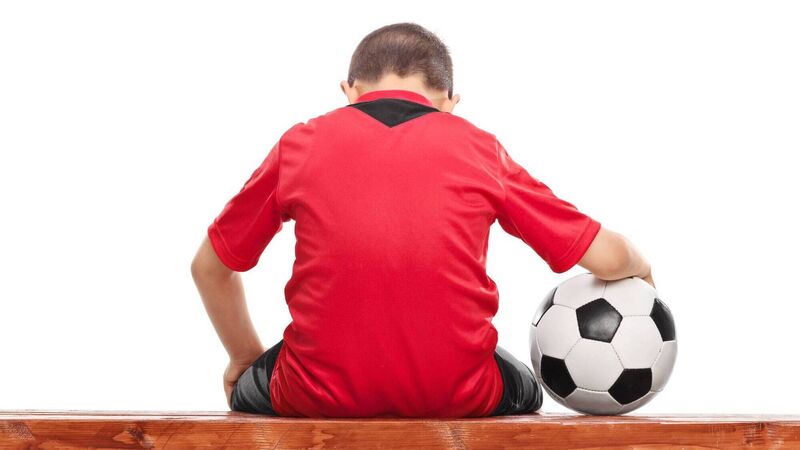Colman Noctor: How much is too much when scheduling children’s activities?

BUSY SCHEDULE: Overscheduling a child's extracurricular activities can lead to exhaustion. Picture: iStock
My six year old is sports mad. Throughout the last lockdown he frequently asked: “When is my rugby back?”, “When is my soccer back?”, “When can I do GAA again?”
Last week, when I told him "Soccer is back on Tuesday, GAA is back on Wednesday, and rugby training is back on Saturday”, he replied, “Wow they are all back together”.







